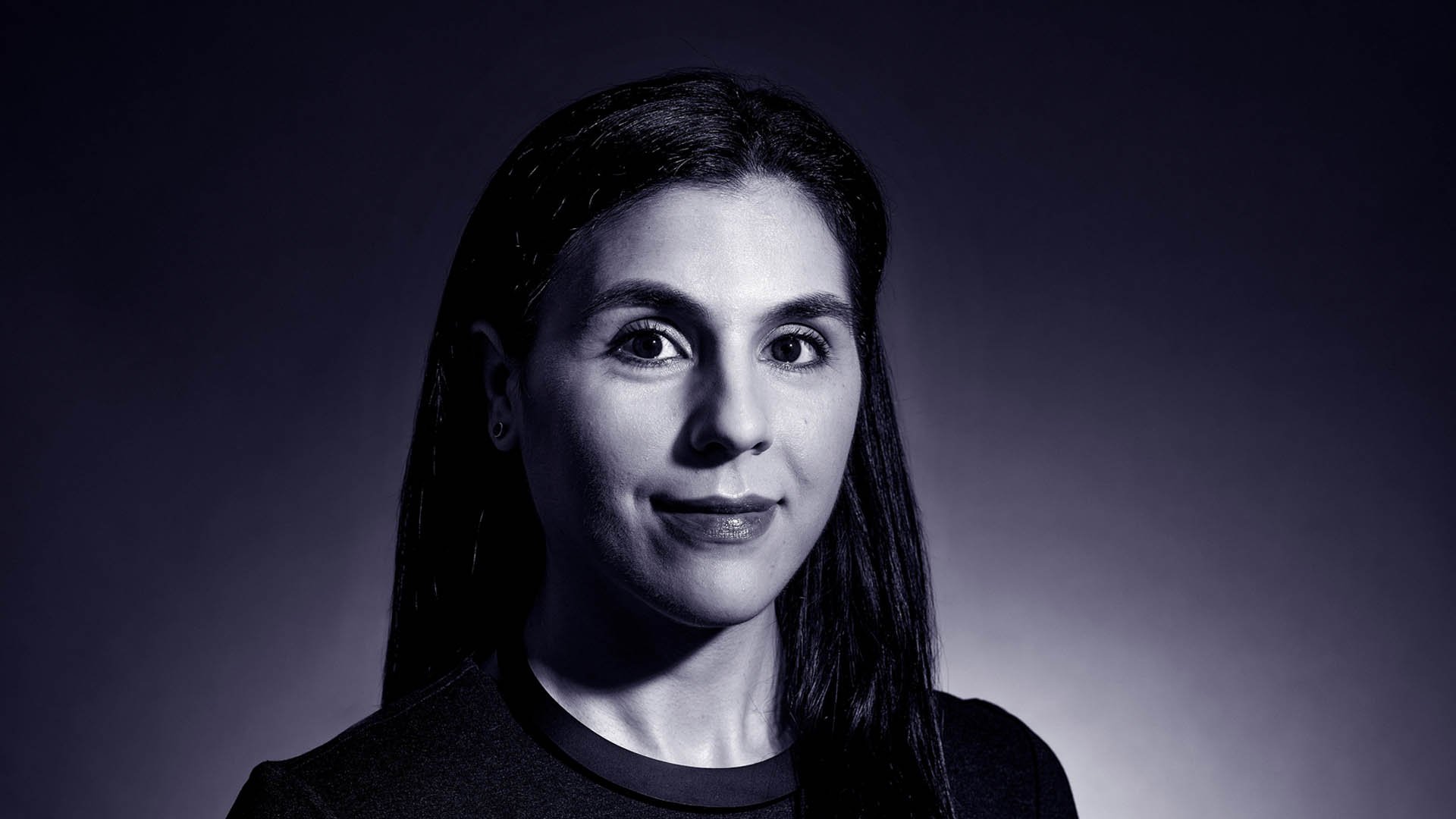2024 Female board representation in UK manufacturing
Encouraging progress in the gender balance of senior leadership teams within the country’s largest manufacturers should be celebrated, but many will rightly hope it becomes more broad-based in short order.
Our Spring 2024 analysis shows an encouraging uptick in the number of female chief financial officers (CFOs) across our 25-strong sample of FTSE 100-listed manufacturing firms. A third (33%) of the UK’s largest listed industrial companies now have a female CFO, a figure which has more than doubled compared to our analysis in 2022 (16%).
The reasons this rise provides particular cause for optimism in the gender diversity stakes are because CFO is an executive management role and CFOs are often well positioned to get promoted to chief executive roles (CEOs), meaning that this year’s analysis should provide a solid forecast about the prevalence of female company leadership in the years to come.
But beyond this piece of good news, the pace of change last year compared to 2022 unfortunately remains frustrating.
Slow progress in other roles
There are still just three female CEOs among our 25-strong cohort, an increase of only one – Debra Crew at drinks maker Diageo – compared to the previous year’s data. Since our Spring 2022 analysis when there was only one female CEO, we have seen little progress in this regard.
In a similar vein, there has been no change in the make-up of chairpersons at the firms, with just under a quarter (24%) of the sample chair seats held by a woman.
Barratt hired Caroline Silver as chair last year, however, the housebuilder lags in our analysis overall with the lowest number of female non-executives (2) and the lowest number of female directors (3).
The share of female board seats has once again remained materially skewed towards non-executive director (NXD) roles, though for the first time in our annual analysis, women actually take up a small majority of the available NXD board seats, with 53% of non-executives in the sample companies being female.
This is in stark contrast to the figures for the ‘big 3’ board seats – Chair, CEO and CFO – which, despite some progress, continue to be filled by men. Women now make up 17 of a possible 74 spaces within the ‘big 3’ in this year’s sample, equivalent to 22%. While this is an increase of 37.5% compared to our Spring 2023 analysis and shows a step forward, women still don’t even make up a quarter of UK Industrials’ most important decisionmakers.
Ultimately, talent and capability are evenly spread across the population, so firms whose boards don’t mirror the nation’s virtually balanced gender split[1] are not securing the expertise that could drive their firm forward.
[1] https://www.ethnicity-facts-figures.service.gov.uk/uk-population-by-ethnicity/demographics/male-and-female-populations/latest/


